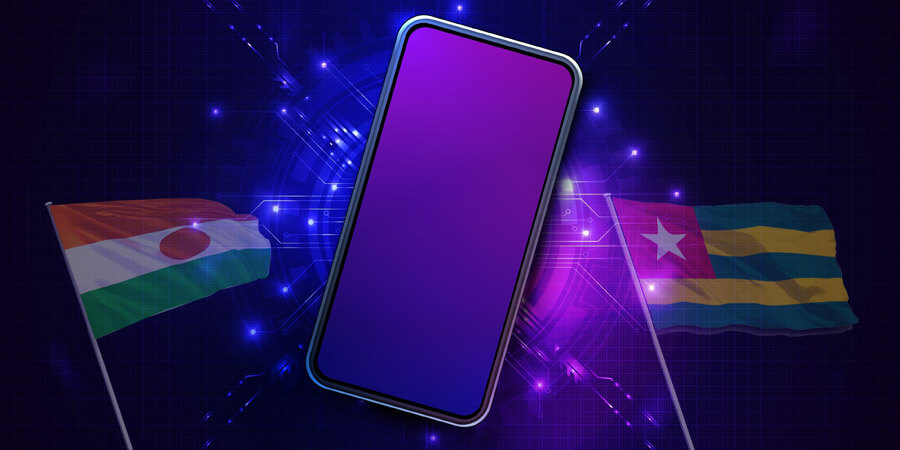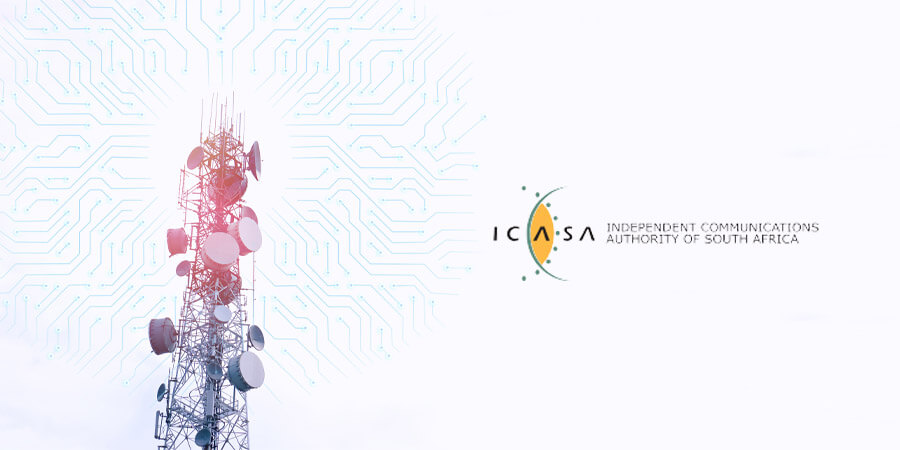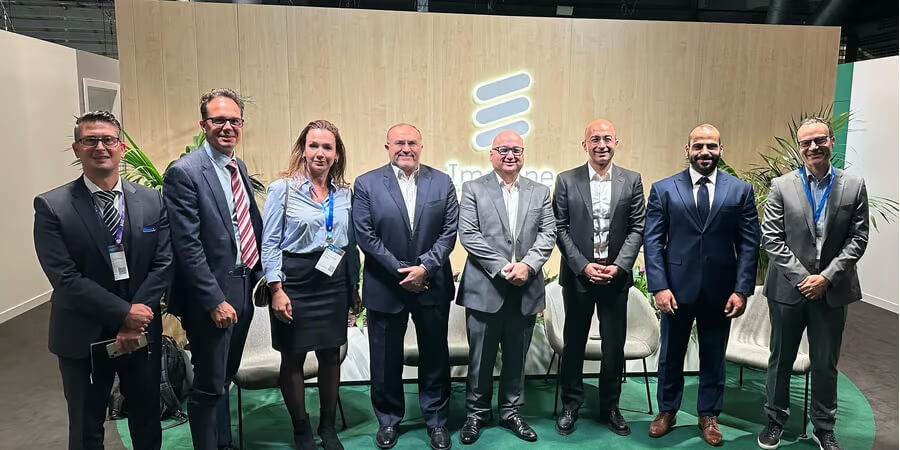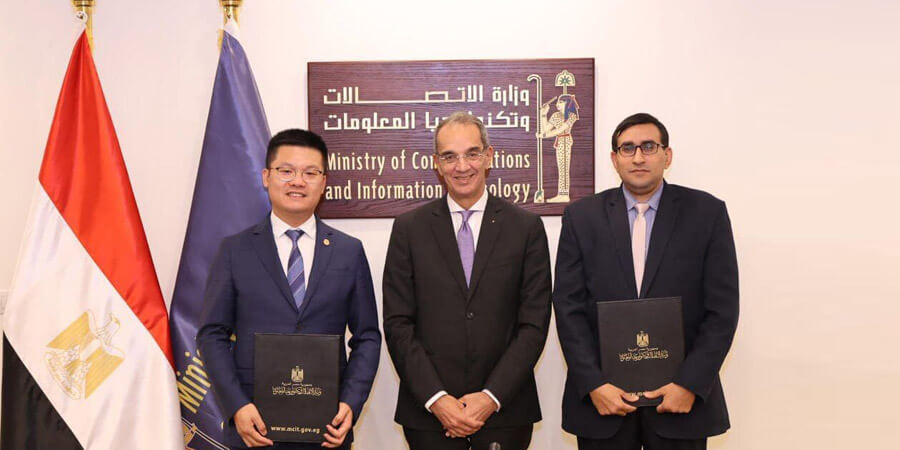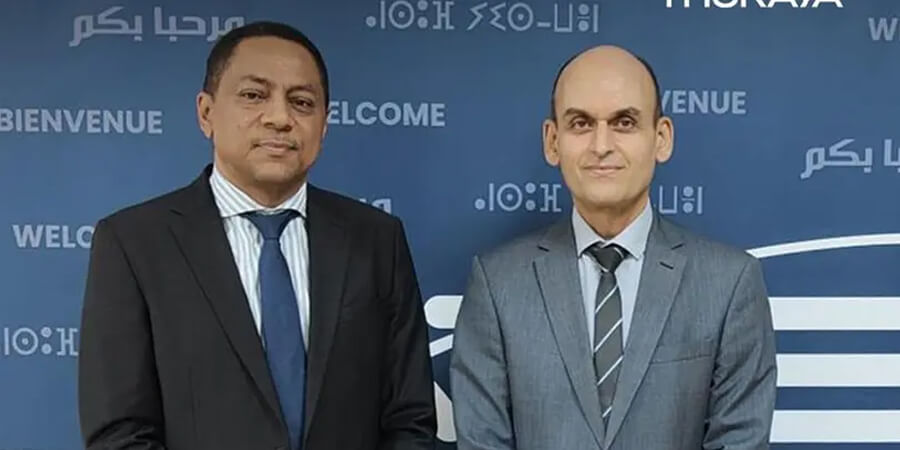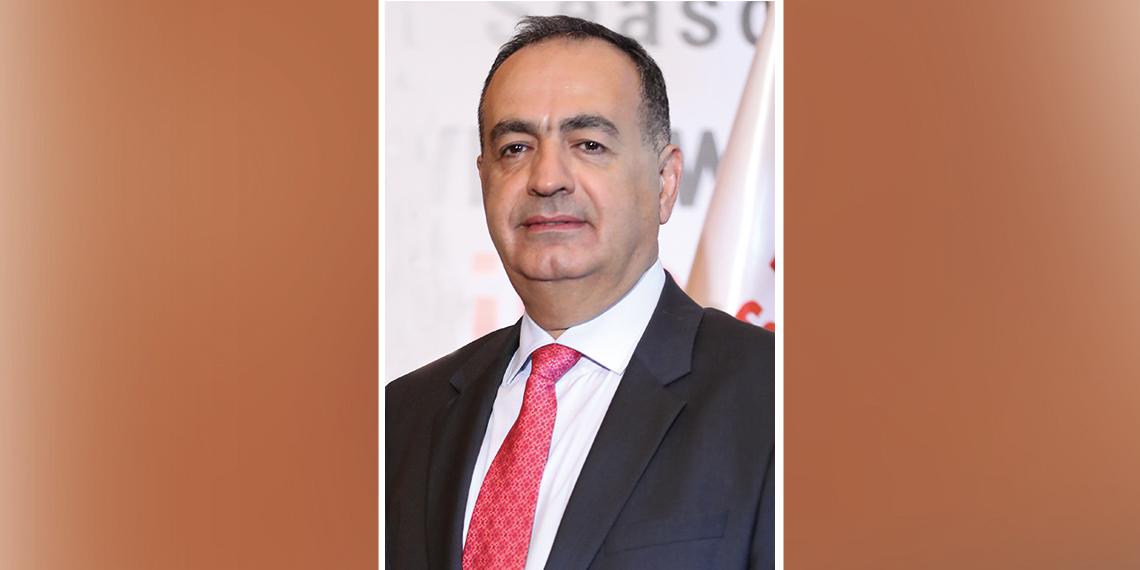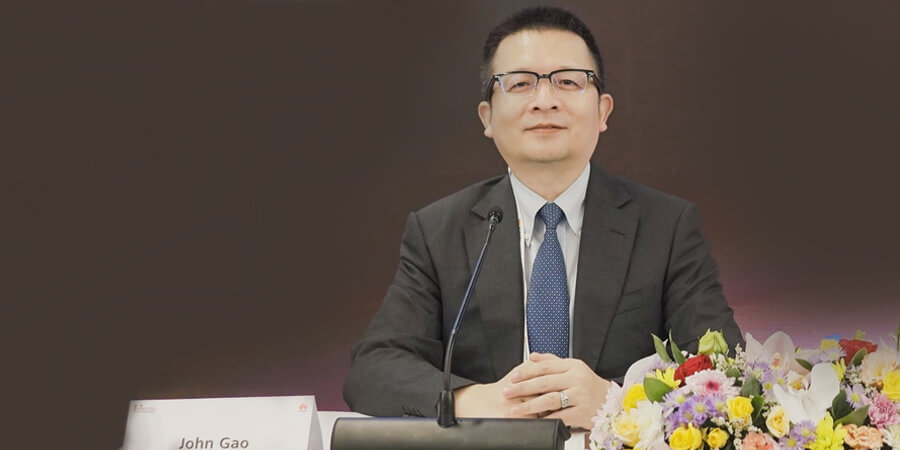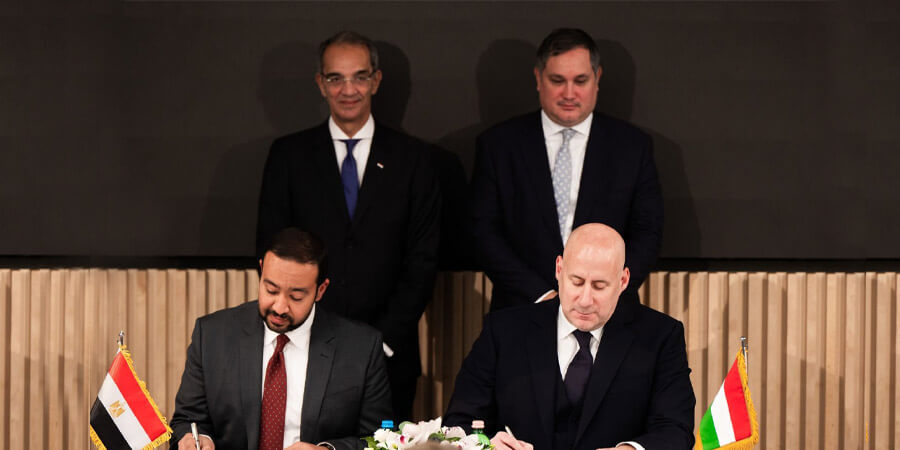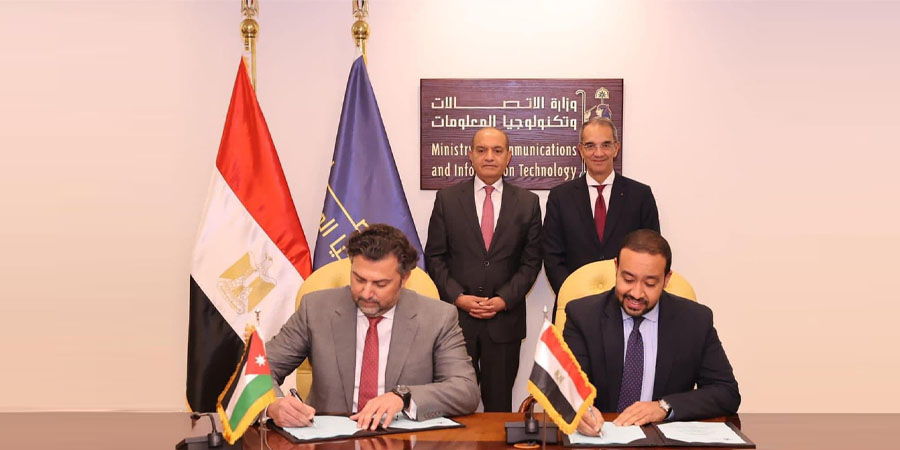For many years and at each conference or occasion, operators all talk about the threat from OTTs. Operators continue to invest in the network to better serve customers, yet OTTs do not share any costs while benefiting from the revenues.
This is a fact, but unfortunately, those from the industry association and organizations haven’t done anything to face this threat. Even the organizations which ally the largest operators of the world, such as the GSMA or government bodies like the ITU, have done nothing. Most regulators and more so the largest vendors and manufacturers remain silent.
Vendors are not far from this threat. The merge of many vendors and the catastrophic results are the best examples that OTTs have hit the whole cycle of telecoms.
Where is Motorola or Siemens? Where is Lucent?
Ninety percent of the devices business is shared between three major players, while the brands we love and have served the community, and that have created prime technology are disappearing, such as BlackBerry and Nokia.
OTTs have taken advantage of these years to build cash, make acquisitions and tighten the grip on industry pillars. They are now making their network IP-based and have become more agile to compete.
Where are we now? Many operators have claimed a decline in their profit, some sharp declines and even some losses. The Q3 result was shocking, as ICT analysts have reviewed each quarter results for years. From Europe to Africa or the Middle East to everywhere... Is this a trend that will damage billions of operators’ investments and create huge jobs cuts that cannot be covered by OTTs despite opening so many regional offices? Hiring a few people will not solve the economic impacts of the damages created on social, financial and economic levels by the OTT threats.
How can this be solved?






